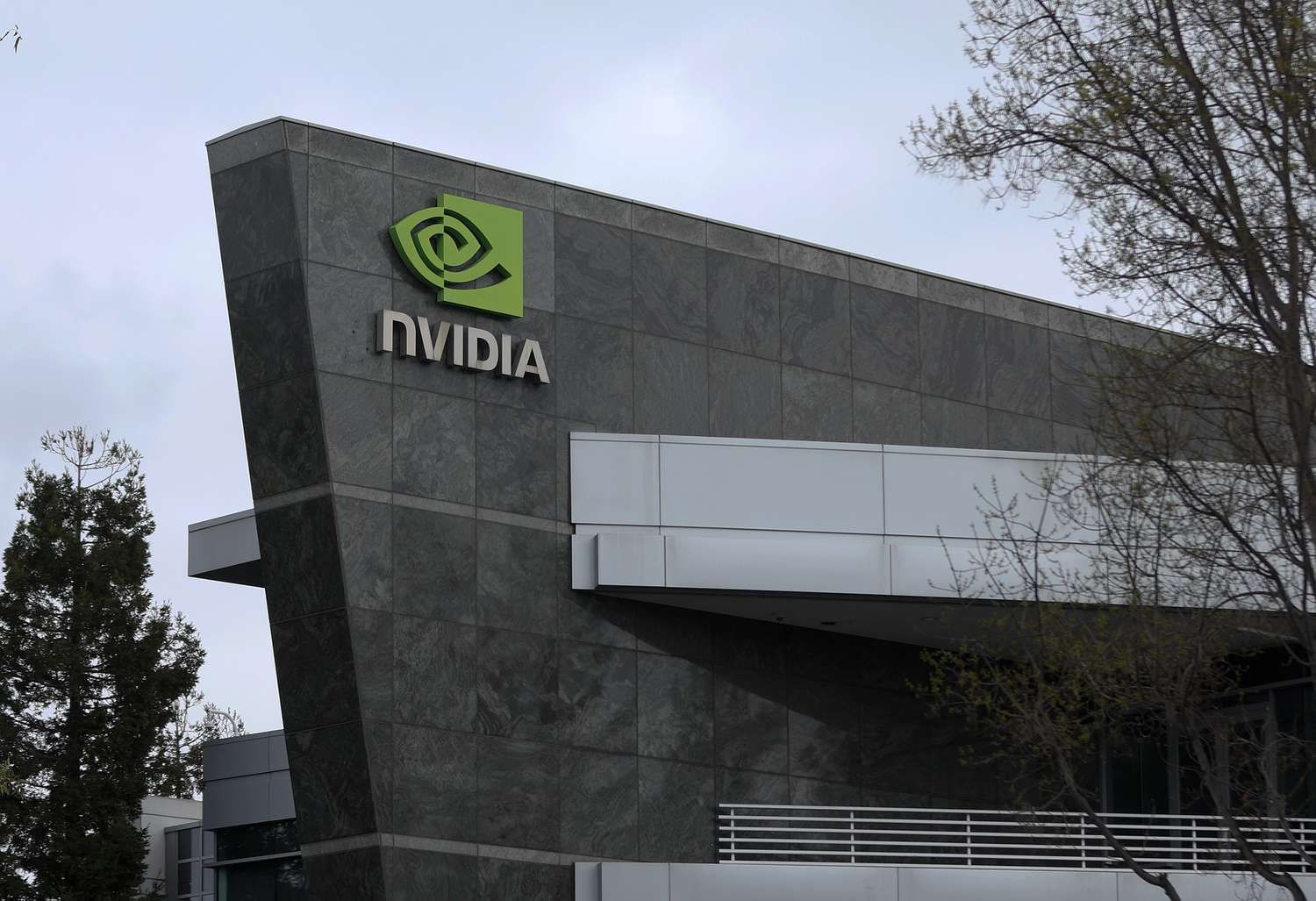
In a landmark move that could significantly alter the landscape of artificial intelligence (AI) development, a consortium of heavyweight technology companies has announced the formation of The Unified Acceleration Foundation (UXL). This group, including industry titans such as Intel, Google, Arm, Qualcomm, and Samsung, is on a mission to democratize AI development by fostering open-source software initiatives. This groundbreaking effort aims to liberate AI developers from the constraints of Nvidia’s proprietary technologies, which currently dominate the field.
Nvidia’s CUDA software platform stands as the cornerstone for over 4 million developers worldwide, facilitating the creation of a vast array of AI applications and other sophisticated programs. However, this reliance on a single proprietary platform has raised concerns about innovation bottlenecks and market monopolization. Enter UXL, a burgeoning coalition of tech giants poised to challenge Nvidia’s stronghold by advocating for an open, interoperable development ecosystem.
The core of UXL’s mission is the advancement of the open OneAPI standard, an initiative led by Intel designed to transcend the limitations imposed by specific programming languages, databases, and tools tethered to singular architectural ecosystems like Nvidia’s CUDA. The ambition is clear: to usher in an era where computer code is universally operable, irrespective of the underlying hardware.
Key Figures and Voices:
- Vinesh Sukumar, Qualcomm’s head of AI and machine learning, encapsulates the collective sentiment of UXL’s members, stating, “What we’re really doing is showing developers how to move away from the Nvidia platform.”
- Bill Hugo, Google’s director and chief HPC technologist, outlines the roadmap for UXL, with technical specifications set to be ratified in the first half of 2024, projecting a “mature” state of technical development by year’s end.
Founding Members and Strategic Allies
- Intel: Spearheading the OneAPI standard initiative.
- Google: Guiding the technical direction and framework of UXL.
- Arm, Qualcomm, Samsung: Key contributors to the development and diversification of the AI ecosystem.
Strategic Goals and Milestones:
- Promote the OneAPI standard to facilitate code interoperability across different computing environments.
- Attract additional allies, including cloud computing giants such as Amazon and Microsoft Azure, as well as other chip manufacturers, to broaden the initiative’s scope and impact.
- Provide future support for Nvidia hardware and code, ensuring a comprehensive and inclusive platform.
UXL Membership and Contributions
| Company | Contribution |
|---|---|
| Intel | Development of the OneAPI standard |
| Technical direction and specifications | |
| Arm | Support for diverse hardware ecosystems |
| Qualcomm | AI and machine learning expertise |
| Samsung | Innovation in chip technology and manufacturing |
| (Future Allies) | Cloud computing services and additional chip support |
As UXL gathers momentum, its leaders are not just focused on technical achievements but also on addressing the broader computing issues stemming from the current dominance of a handful of chip manufacturers in the AI and high-performance computing (HPC) arenas. The vision extends beyond mere competition, aiming to create a vibrant, diversified ecosystem where innovation can flourish unencumbered.
- Challenge: Breaking the monopoly of proprietary technologies in AI development.
- Opportunity: Fostering an open, collaborative environment that accelerates innovation.
- Challenge: Ensuring widespread adoption of the OneAPI standard among developers.
- Opportunity: Attracting a critical mass of developers and companies to create a self-sustaining ecosystem.
The formation of UXL marks a pivotal moment in the evolution of AI technology. By championing open-source principles and collaborative innovation, this alliance of tech giants is not just challenging the status quo but also paving the way for a future where AI development is accessible, equitable, and boundless. As the project progresses towards its technical milestones, the industry watches with bated breath, anticipating the transformative impact of UXL’s vision on the global AI landscape.
Related News:
Featured Image courtesy of Investopedia
